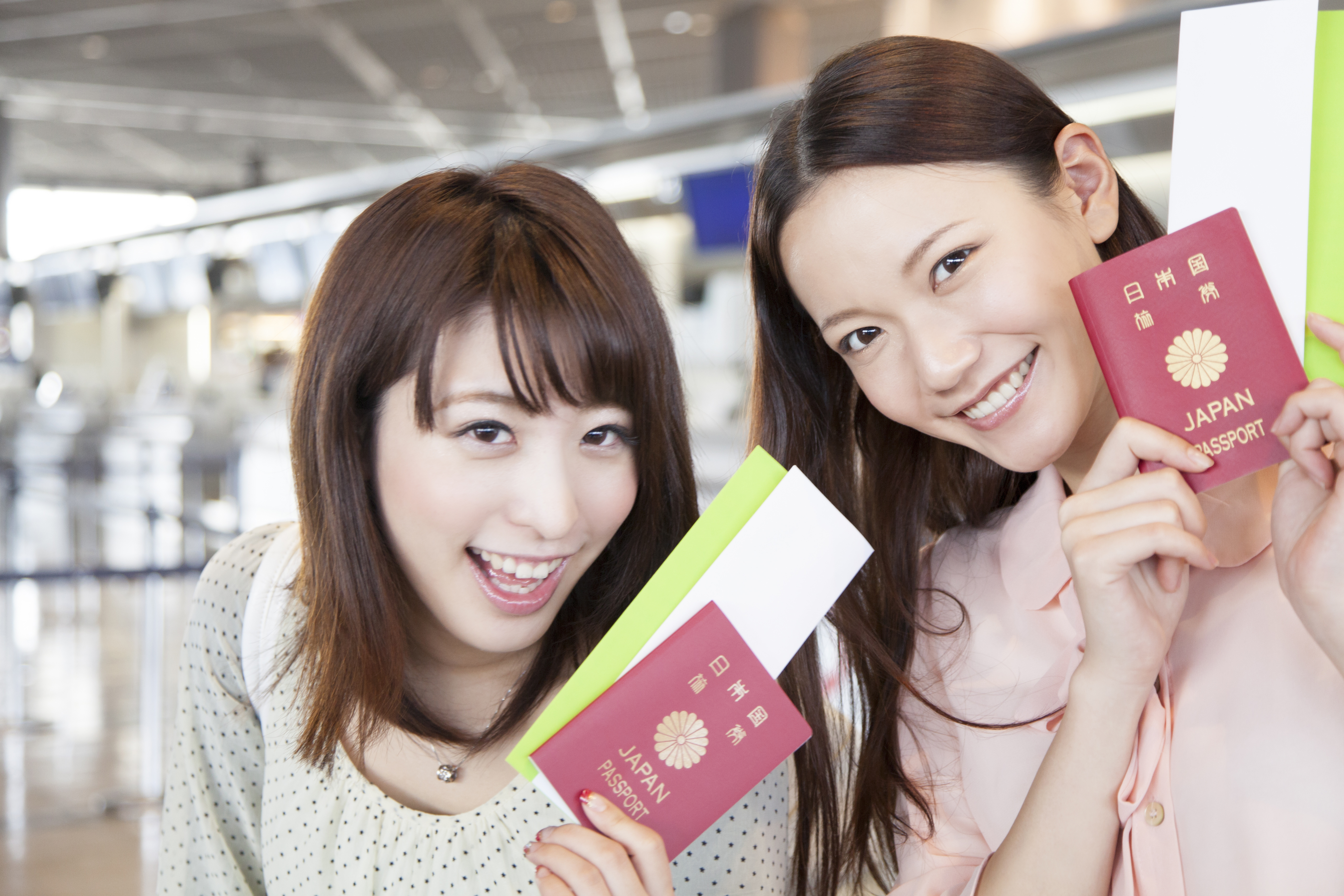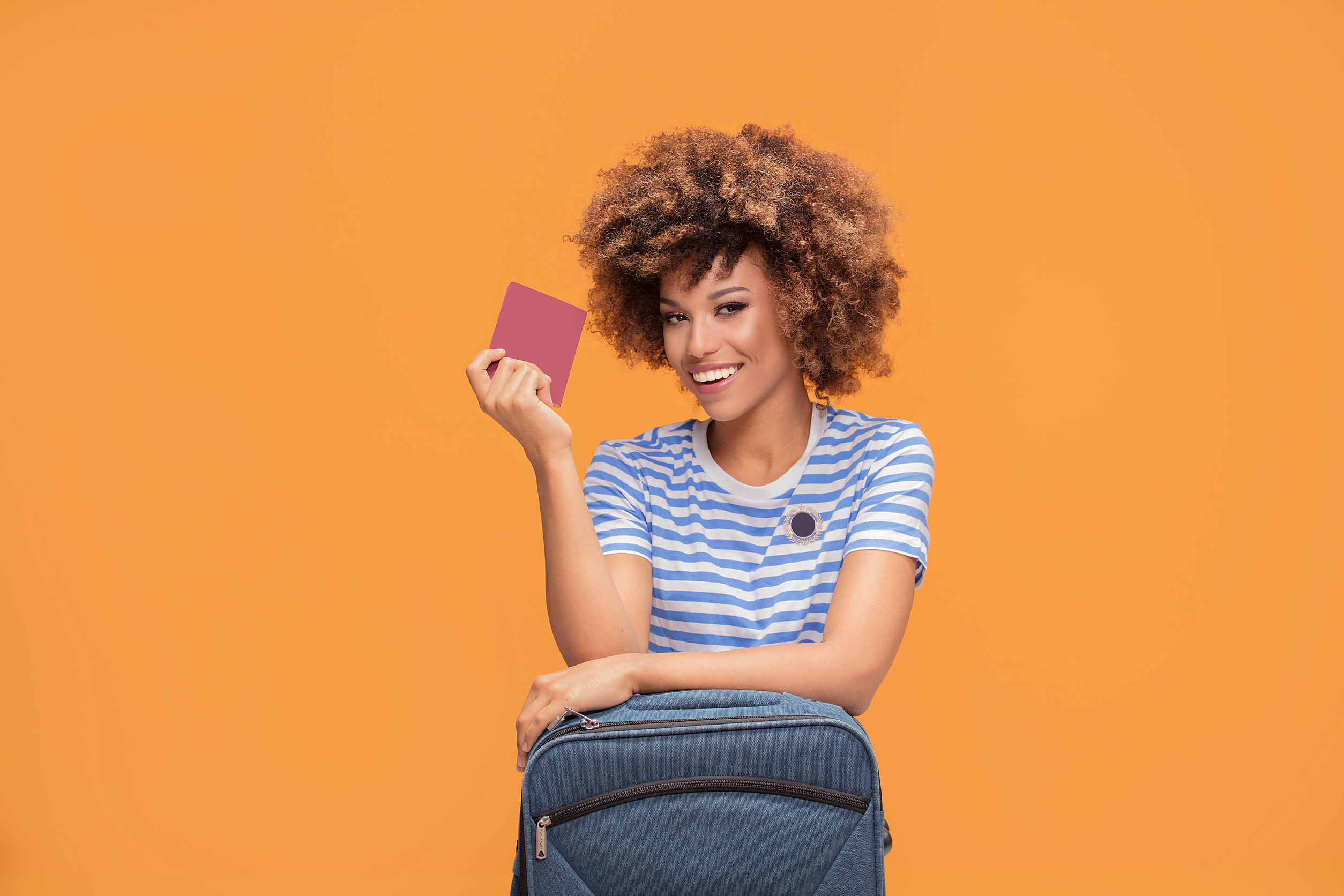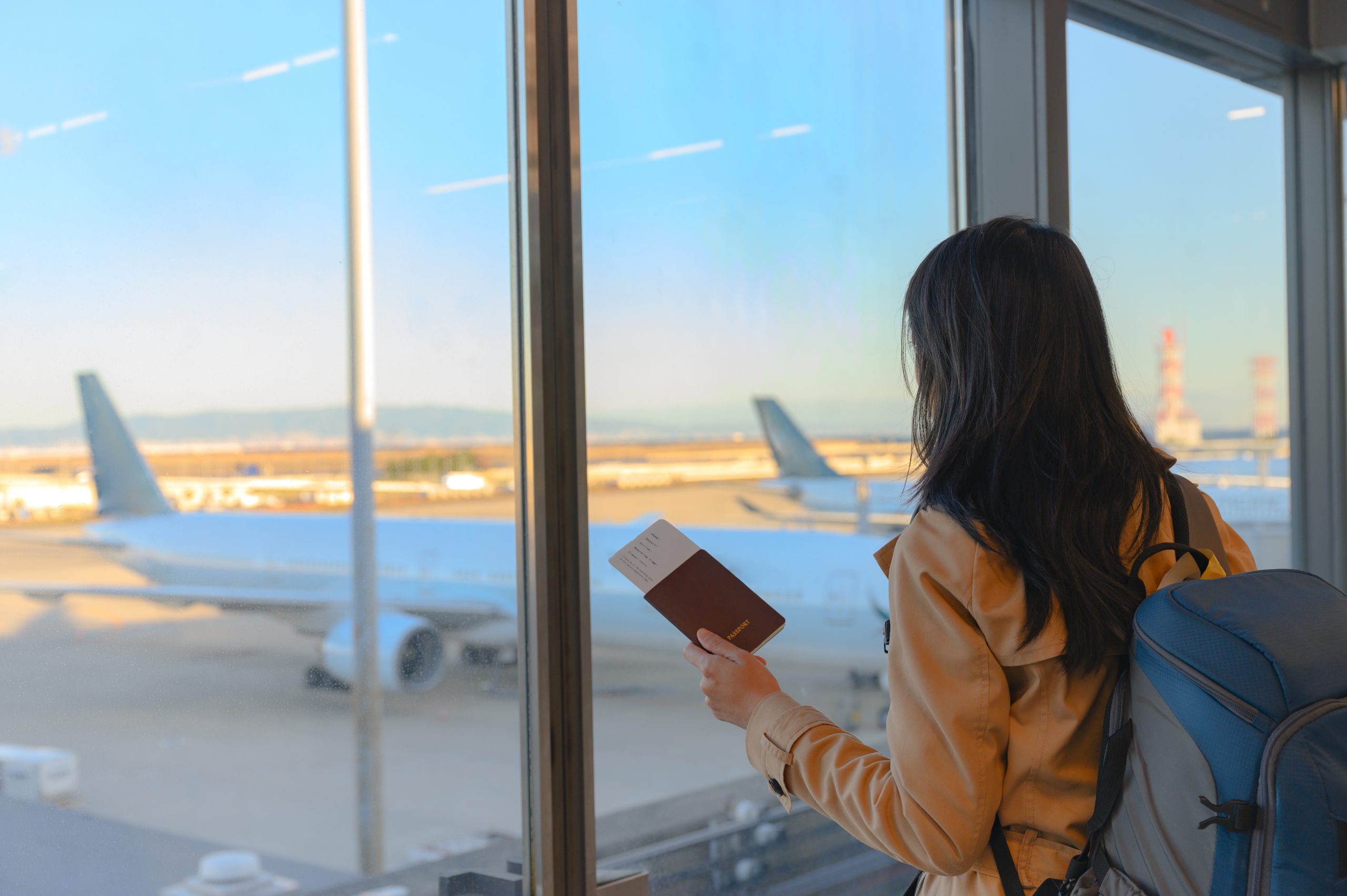Vietnam reopen visa application (e-visa & visa on arrival) for citizens of Germany starting from March 15, 2022
Vietnam is one of those countries that have decided to temporarily stop receiving and processing visa applications for all foreign visitors from last March 2020. This move is due to the rapid spread of the Covid 19 virus that has affected hundreds of countries around the world including Germany. But the suspension of visa issuance is only temporary. Right now, Vietnam is back to accepting tourists into the country once again and hopes to attract more foreign visitors in order to recover from the loss brought about by the coronavirus pandemic.
For citizens of Germany who plan on visiting Vietnam soon, you would be able to enter the country visa-free. That’s because you are among those countries that qualify for the visa waiver program. However, under this program, Germans are only allowed to stay in the country for 15 days. But this may not be enough for you to enjoy your holiday. In this case, your best bet is to apply for either the e-visa or visa on arrival.
👉 Requirements for International Tourists to Enter Vietnam Starting March 15, 2022
Vietnam E-visa for Citizens of Germany
So you might be wondering what an e-visa is and how you can apply for this visa. E-visa refers to electronic visa. It can only be acquired online and when you’re approved of this visa, you’re going to receive it via email. Then you just print the visa out and show it upon entry to Vietnam.
The e-visa is the easiest and most convenient forms of visa to apply for your Vietnam trip. This visa can easily be applied online so you don’t leave your house just to get it. Once you’re approved of this visa, you can use it as a single entry travel document. Your maximum stay in the country is 30 days.
The best part about using the e-visa is that it’s acceptable to the various points of entries in Vietnam and not only at the airport. You can use the visa to enter through land borders and seaports.
Vietnam Visa on Arrival for Citizens of Germany
Just like with the e-visa, applying for the visa on arrival is easy. And although you’ll only get it on arrival, there are certain requirements that you need to accomplish before you can be given this visa.
Before flying to Vietnam, you need to register online for this visa. You will be asked to fill out an application form. Make sure you provide accurate details so as not to delay your application. After a few days, you’ll get an email that has the pre-approval letter and a blank application form. Print these documents and fill out the application form. Bring them with you on your trip to Vietnam.
When you arrive at the airport, look for the Visa Landing counter. Here, submit your pre-approval letter, application form, passport, and photos. You also need to pay for the $25 stamping fee and this can be paid only with cash. They accept US Dollar or Vietnamese Dong.
Unlike the e-visa, which is only good for single entry, the visa on arrival will also allow you to apply for a multiple-entry visa. Plus, you can choose from 30 days or 90 days. This is a great choice for those who plan on staying in Vietnam for much longer than 30 days. But the downside with getting this visa is that it’s only available at the airports. Therefore, this is only applicable to those who will enter Vietnam by taking a flight.
Which Visa Should You Choose?
It’s pretty easy for Germans to enter Vietnam for a holiday so there’s no reason why you should ignore the country on your Asian holiday. Aside from the fact that you get to enter visa-free for 15 days, you also have two options for your visa. Both the e-visa and visa on arrival are easy to apply. But which of these two should you choose?
For German travelers whose stay in Vietnam is more than 15 days but less than 30 days, the e-visa is a good choice. In fact, this is also highly recommended to those who are on a cruise and will be entering through the seaport. Also, backpackers who intend to enter the country through land borders, the e-visa is highly recommended. This visa can easily be applied online and you don’t need to queue at visa counters unlike the visa on arrival.
But for those who needed to enter Vietnam several times and would need a multiple-entry visa for their trip, the visa on arrival is what you should get. This visa will also let you stay in the country for a maximum of 60 days. So if your holiday in Vietnam is longer than 30 days, you should go for the visa on arrival. Just make sure your point of entry is at the airport.










